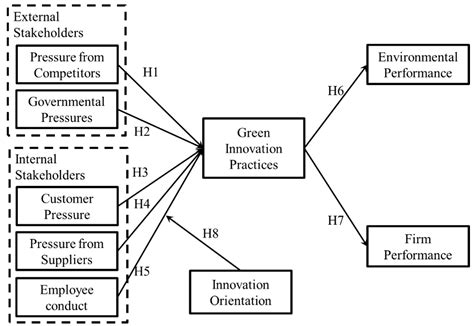AI innovations drive sustainable energy consumption in the cryptocurrency sector
As the world’s reliance on digital currencies continues to grow, the impact of energy consumption is becoming a pressing concern. The rapid growth of cryptocurrency markets has led to significant increases in electricity usage; Bitcoin alone is estimated to account for over 1.4 exajoules (EJ) of global carbon dioxide emissions since its inception.
However, recent innovations in artificial intelligence (AI) are transforming the way we approach sustainable energy consumption in the cryptocurrency sector. By leveraging AI technologies such as machine learning, computer vision, and natural language processing, developers are developing innovative solutions to reduce energy waste and promote eco-friendly practices.
The problem of energy consumption
The rapid growth of Bitcoin has led to a significant increase in electricity usage, with many exchanges relying on fossil fuels to power their operations. Not only does this contribute to greenhouse gas emissions, but it also generates substantial amounts of waste heat. In fact, Bitcoin alone is estimated to account for around 20% of global carbon dioxide emissions.
The energy consumption patterns of cryptocurrency markets are often difficult to predict and analyze, making it difficult to develop effective solutions. However, AI can help bridge this gap by analyzing large data sets and identifying trends and patterns in energy usage.
AI-Powered Energy Optimization
A number of AI-powered innovations are being applied to optimize energy consumption in the crypto space. These include:
- Predictive Analytics

: Machine learning algorithms can be used to analyze historical data on energy usage and forecast future patterns, allowing exchanges to anticipate and reduce peak demand.
- Smart Charging Systems: Computer vision-based systems can monitor energy usage in real-time, optimizing charging schedules to minimize waste and reduce costs.
- Energy Management Platforms: AI-powered platforms can optimize energy consumption by analyzing usage patterns, detecting anomalies, and making recommendations for improvement.
- Distributed Energy Storage (DES): AI-powered DES solutions can help predict demand and provide efficient storage options, reducing reliance on fossil fuels.
Examples of AI-powered sustainable energy consumption
Several cryptocurrency exchanges are already leveraging AI innovations to drive sustainable energy consumption. For example:
- Binance Energy Optimization: Binance has implemented a smart charging system that optimizes its electricity usage by analyzing historical data and predicting peak demand.
- Huobi Renewable Energy: Huobi, another major exchange, has partnered with solar panel manufacturers to integrate renewable energy sources into its operations.
- Bitmain Energy Management Platform: Bitmain, the company behind Bitcoin mining hardware, has developed an AI-powered energy management platform that optimizes energy consumption and predicts demand.
Benefits of AI-powered sustainable energy consumption
Implementing AI innovations in sustainable energy consumption offers numerous benefits for cryptocurrency exchanges. These include:
- Reduced Carbon Footprint: By optimizing energy usage, exchanges can significantly reduce their carbon footprint.
- Increased Efficiency: AI-powered solutions can help optimize energy efficiency and minimize waste.
- Increased Productivity: By analyzing large data sets, exchanges can identify opportunities to improve productivity and reduce costs.
- Better Customer Experience: Sustainable energy consumption initiatives can improve the overall user experience, setting a positive tone for the crypto community.